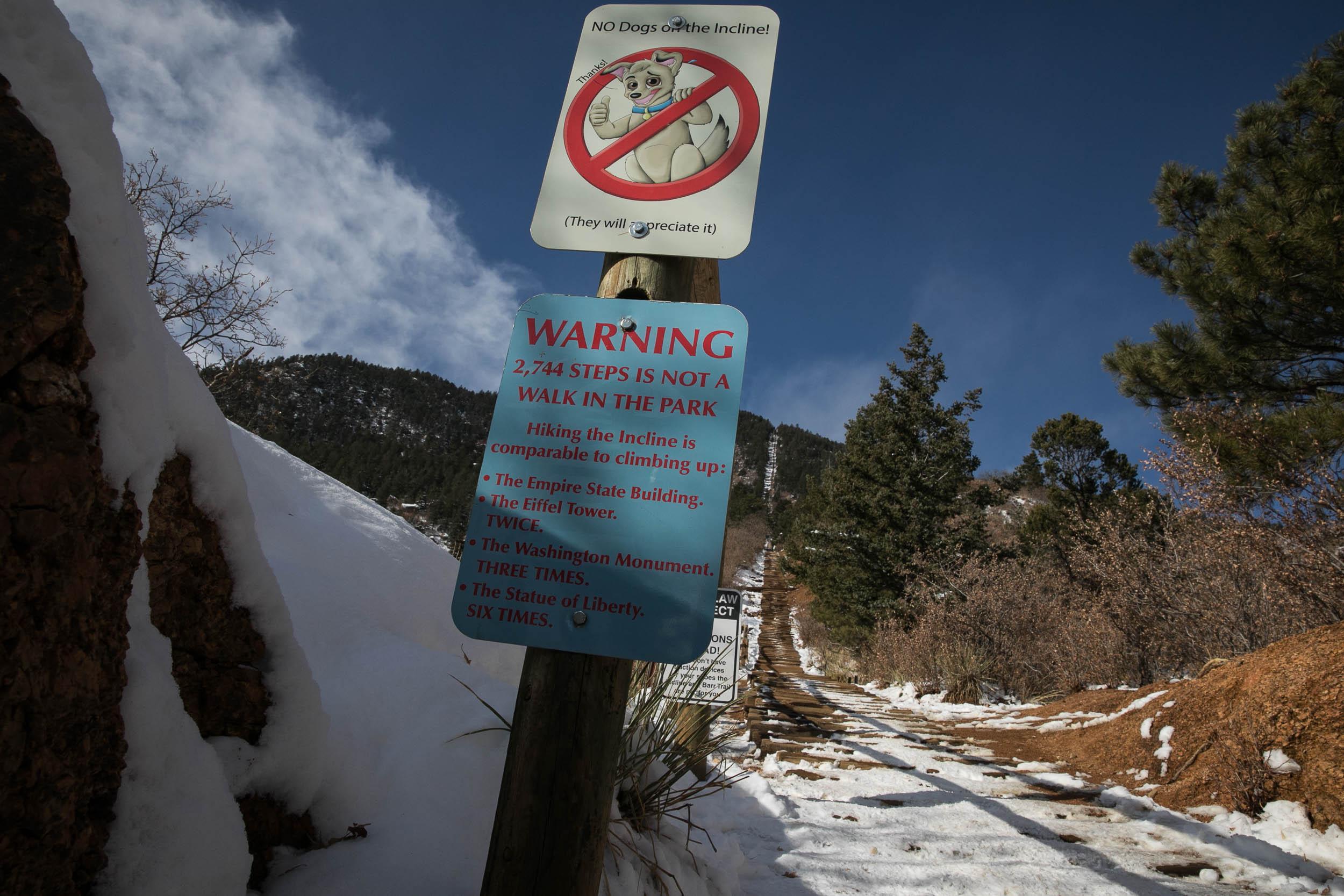
The Colorado Department of Public Health and Environment is once again examining the use of ketamine in non-hospital situations, including to subdue people without their permission.
Public scrutiny of the use of the drug intensified with the death of Elijah McClain in 2019. Paramedics in Aurora had injected McClain with a strong dose of the anesthetic before he went into cardiac arrest and died in police custody.
A state committee will "be charged with examining the safety of ketamine administration in EMS settings," read a statement from CDPHE.
The state's ketamine waiver program allows emergency medical services to apply for permission to use the drug. State authorities first announced in August that they would review the program for at least 12 weeks.
That review was paused so CDPHE could "reassess the scope, in deference to other investigations," according to a statement released Friday. McClain's death is the subject of several investigations, including a grand jury investigation launched by state Attorney General Phil Weiser.
The resumed CDPHE review will focus on the authorizations the state has given for ketamine use in pre-hospital settings, not individual cases.
Under the waiver program, medical providers have administered ketamine 902 times to people suffering "excited delirium and/or extreme or profound agitation" in the last three years, according to CDPHE. Of those, 153 instances had a “complication.” The most common complication listed is hypoxia, which is a shortness of oxygen to the body’s tissue.
McClain received 500 mg of the sedative, which is the recommended dosage for a 200-pound person. McClain weighed 143 pounds.
When police approached him on the street, McClain was walking from a convenience store, apparently waving his hands to music that he was listening to. He had committed no crime. Officers put him in a carotid hold before paramedics administered the ketamine.
CDPHE's review committee will include a mix of EMS providers, pharmacists, ER doctors and anesthesiologists, along with Dr. Eric France, the department's chief medical officer.








